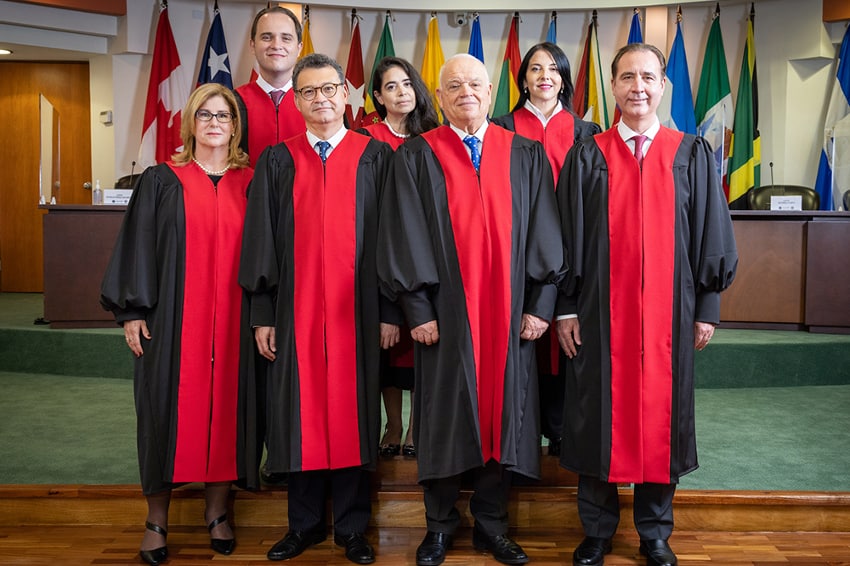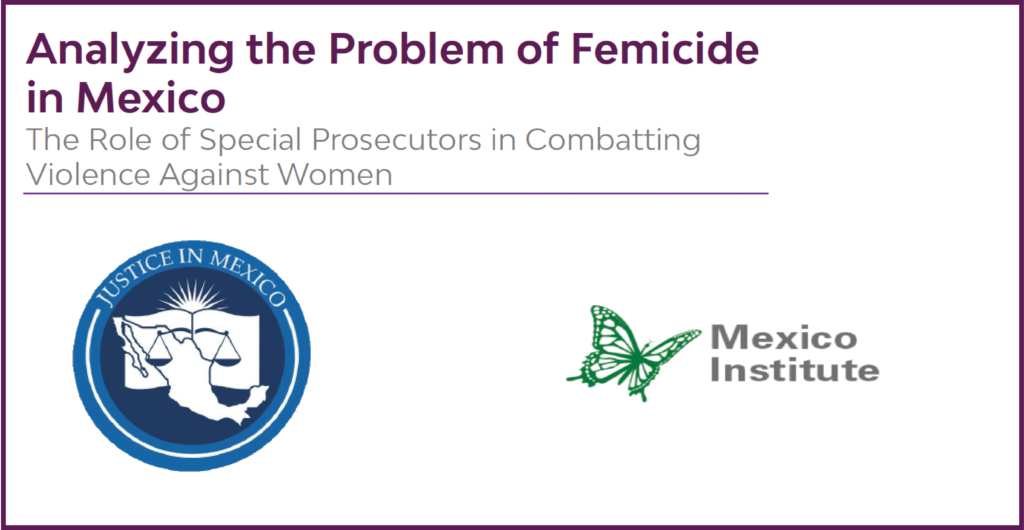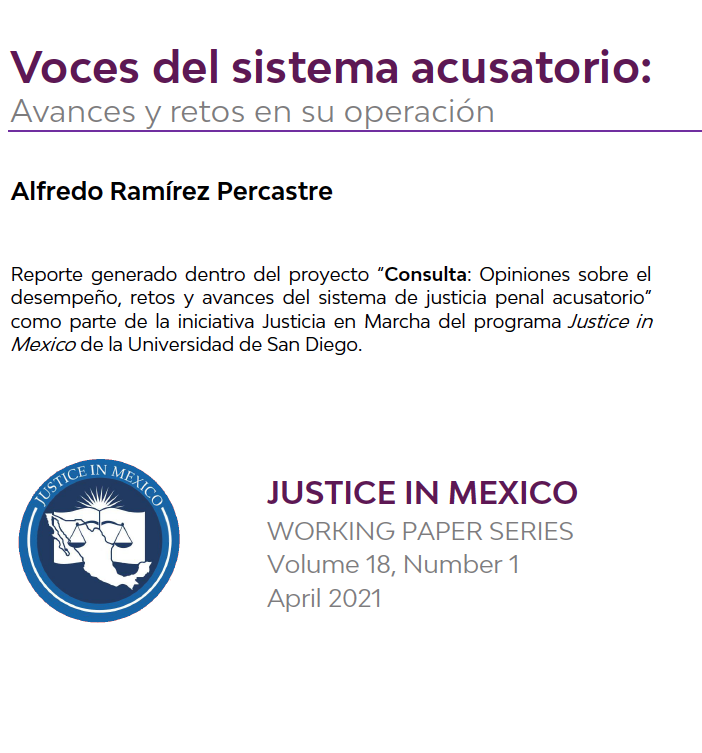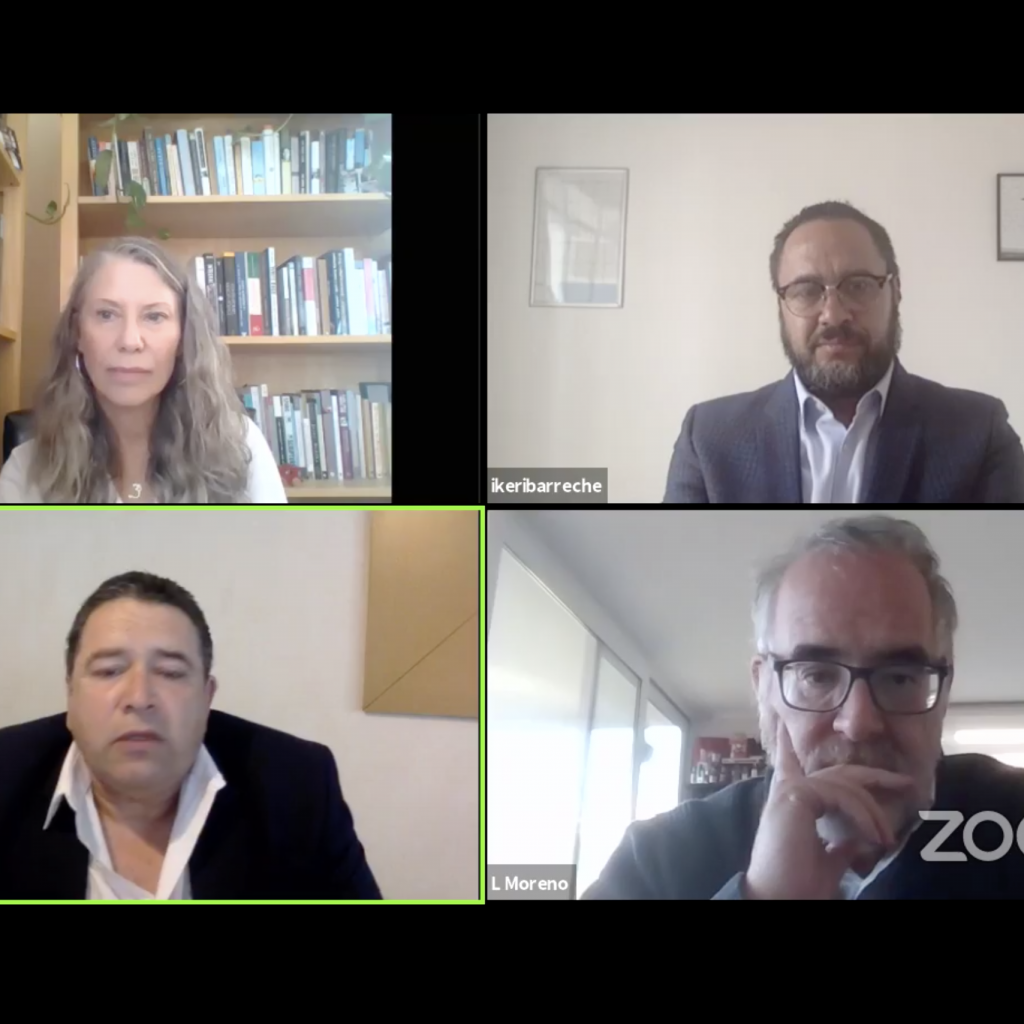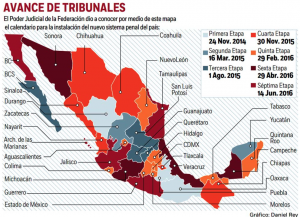
03/10/16 (written by kheinle) – With the June 18, 2016 constitutional deadline for nationwide implementation of the New Criminal Justice System (Nuevo Sistema de Justicia Penal, NSJP) quickly approaching, Mexican judiciaries are pressing to meet their obligations. On March 1, the Mexican government announced the NSJP’s launch in nine new states, bringing the total number of Mexican entities in operation of the new system to 24 of 32. According to Mexico’s Secretary of the Interior Miguel Ángel Osorio Chong, this constitutes 85 million Mexicans reached under the new system or 70% of the country’s population. The nine newest entities are Aguascalientes, Colima, Hidalgo, Mexico City, Morelos, Nuevo León, Quintana Roo, the State of Mexico (Estado de México, Edomex), and Tabasco. The eight states that have yet to launch are scheduled to do so in April and June of this year.
The Mexican government praised the new judicial system while announcing the NSJP’s launch. “The most important part is what’s happening behind what we’re celebrating,” said Secretary Chong, “which is when faced with a crime, the prosecution and justice system acts faster, more transparently, and more impartially each time.” The director of the Attorney General’s Office (Procuraduría General de la República, PGR), Arely Gómez González, also commented on the opportunity the new criminal justice system brings to “closing the gaps of opacity” that characterized the outgoing traditional justice system, which, she continued, allowed for corruption and impunity to grow.
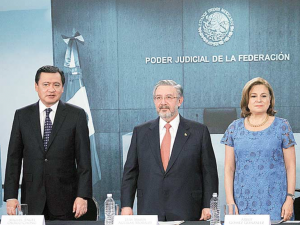
Still, Gómez recognized the challenges faced with the system’s overhaul, specifically that of ensuring the public’s confidence in the judiciary and in the institutions responsible for its operations and effectiveness. “It’s not enough to [point to] the improved norms, personal trainings, and systems of information [within the NSJP] if these do not restore the citizens’ confidence in their institutions nor translate into improved daily life,” Gómez shared. Several weeks prior to her statement, Rommel Moreno, the head of the PGR’s Unit for the Implementation of the Accusatorial Criminal System (Unidad para la Implementación del Sistema Penal Acusatorio de la PGR), offered his comments on the changing system, also highlighting the public’s confidence. “The traditional [justice] system is collapsing. This does not mean it’s bad; this does not mean it’s good; it’s just collapsing. And why is it collapsing?” he asked. “Because the people don’t have confidence in it, period.”
The Final Countdown for the New Criminal Justice System
The Mexican government has less than three months to finish implementing the new system, putting the pressure on judicial system operators and administrators to meet the deadline. For its part, the PGR said it has trained over 90% of its personnel involved in operating oral trials, a critical component of the NSJP. It was also announced that 11 new Federal Criminal Justice Centers (Centros de Justicia Penal Federal) opened their doors on February 29, each with three district judges and an appeals court, all to process cases involving Mexico’s National Procedural Criminal Code (Código Nacional de Procedimientos Penales, CNPP). The 11 new centers are spread throughout eight entities nationwide (Aguascalientes, Colima, Hidalgo, Mexico City, Nuevo León, Quintana Roo, the State of México, and Tabasco).
Sources:
Baranda, Antonio. “Advierten colapso de sistema de justicia.” Reforma. February 18, 2016.
Reyes, Juan Pablo. “Se suman 9 entidades a sistema de justicia penal.” Excélsior. March 1, 2016.

